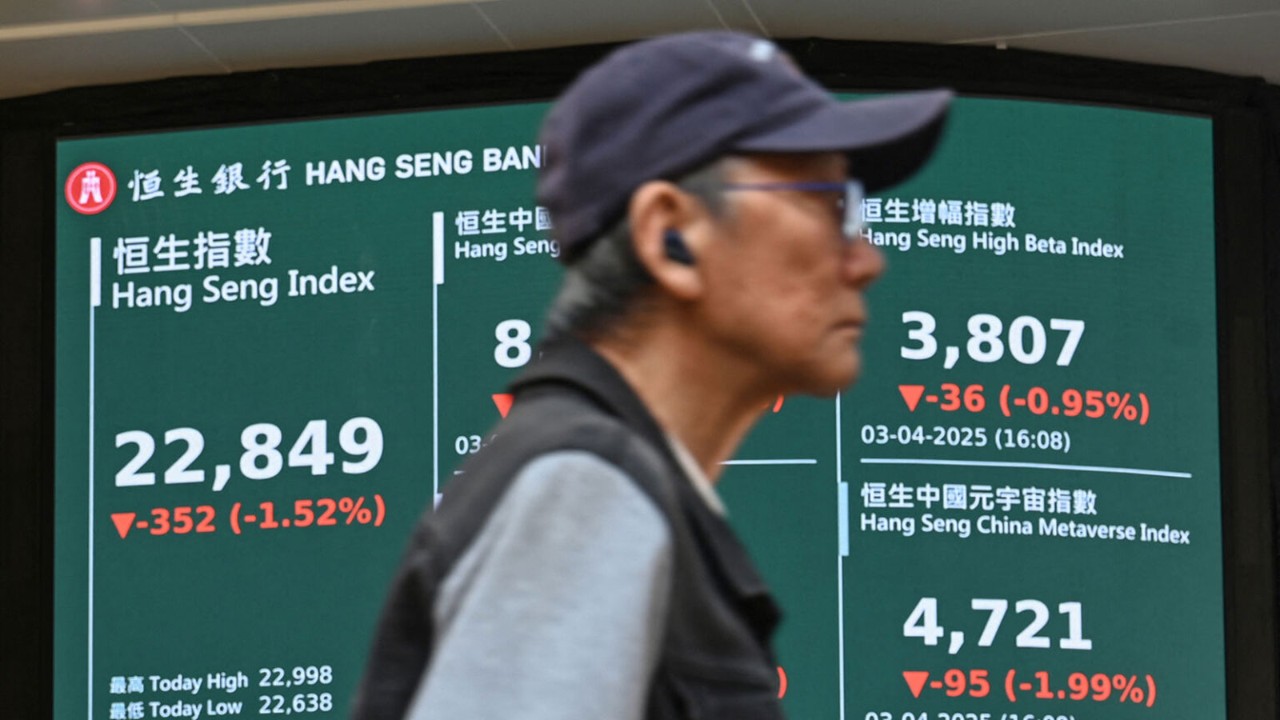
Supply chains worldwide are shifting from global to regional and local networks, driven by the aftermath of pandemic disruptions, growing geopolitical tensions and increased focus on sustainability, according to speakers at the ACCA Hong Kong Virtual Tax Conference 2025.
During the conference, titled ‘From uncertainty to strategy: Tax insights for businesses in Hong Kong’, speakers said that sudden changes in trade policies – including new tariffs and export controls – could disrupt business operations. They emphasised that companies in affected industries need to plan ahead and stay flexible to manage these challenges.
Adapt to survive
‘The global economy faces unprecedented challenges, putting intense pressure on business operations,’ said Stanley Ho FCCA, chairman of ACCA Hong Kong, in his welcome speech. ‘In today’s fast-changing world, particularly since the Trump presidency, businesses must stay informed and adaptable to survive.’
‘Now, businesses are bringing critical production back home’
According to Irina Fan, director of research at the Hong Kong Trade Development Council (HKTDC), in her keynote speech, businesses in Hong Kong face both challenges and opportunities as they navigate an increasingly uncertain global trade environment.
‘We are seeing a major shift in supply chain strategies,’ Fan explained. ‘The old model focused on offshoring, outsourcing and cost efficiency, creating highly interdependent global networks. But now, businesses are taking a different approach. They are bringing critical production back home, building backup supply chains for resilience, moving operations to nearby countries and spreading their sourcing across multiple regions to reduce risk.’
‘Sustainability goals are pushing us towards shorter supply chains’
The Covid-19 pandemic exposed the risks of relying on far-off manufacturing centres for critical supplies. Meanwhile, rising geopolitical tensions have made companies think twice about concentrating their operations in a few markets. ‘The pandemic has taught us that for strategic goods, we can’t rely solely on distant manufacturing hubs,’ said Fan.
Companies are also rethinking long-distance shipping as they face mounting pressure to reduce their carbon footprint. ‘While upstream manufacturing still involves different locations handling various production stages, sustainability goals are pushing us towards shorter supply chains,’ said Fan.
Trade resilience
According to Fan, Hong Kong is well positioned to benefit from these changes, given its strength as a global business hub. The Special Administrative Region’s (SAR) competitive edge is clear from its impressive showing in the 2024 IMD World Competitiveness Ranking, where it placed fifth overall. Hong Kong scored particularly well in several key areas, ranking first in business legislation and international trade, second in tax policy and third in international investment.
‘Hong Kong continues to be the top choice for multinational companies setting up their regional operations,’ said Fan. She pointed out that the number of regional headquarters and offices in Hong Kong rose from 8,754 in 2018 to 9,960 in 2024. There was a diverse mix of international presence: 26% of these companies are from mainland China, 22% from major European markets, 14% each from Japan and the US, 12% from ASEAN and other key Asian markets, and the remaining 12% from various other countries.
‘We have been able to successfully develop new market opportunities’
The Regional Comprehensive Economic Partnership (RCEP), said Fan, is a good example of this move towards stronger regional trade connections. She cited the HKTDC 2024 Yangtze River Delta survey: ‘Since the implementation of RCEP in early 2022, we have seen a jump in mainland companies targeting markets within the RCEP regions – from 72% in 2023 to 83% in 2024. More than 77% of them are specifically looking to Hong Kong to get financial and professional services support for their overseas expansion.’
This has led to remarkable growth beyond the US market. ‘Exports to ASEAN countries have jumped by 39% between 2017 and 2024, while Middle Eastern markets have seen an even more impressive 58% increase,’ said Fan. ‘This clearly shows Hong Kong’s resilience; we have been able to successfully develop new market opportunities to offset the impact of US trade tensions.’
The impact on Hong Kong has, thus, been limited, Fan explained. ‘In 2023, only 6.5% of our total exports went to the US, compared to Canada’s 77.6% or Mexico’s 79.6%,’ she added. ‘And even with the new US tariffs, only half of our exports to America face the additional 20% duty. In real terms, this means just 3% of Hong Kong’s total exports are affected.’
Global gateway
Among Hong Kong’s many strengths, it is the ‘super-connector’ role for global investment flows that will best position the SAR to weather economic storms. In the UN Trade and Development World Investment Report 2024, Hong Kong came in as the world’s fourth largest recipient and fifth largest source of foreign investment in 2023.
‘Hong Kong’s unique status positions it as the ideal bridge between mainland China and ASEAN markets’
The SAR’s influence is particularly prominent in the ASEAN region, where it ranked as the third largest investor in 2023, according to the ASEAN Secretariat data. ‘The fact that Hong Kong, as a single city, achieved a 6.5% share of FDI inflow – nearly matching mainland China’s 7.4% – underscores our strengths as a global investment hub,’ noted Fan.
Indonesia stands out as a prime example of Hong Kong’s investment power. According to ASEAN Secretariat data, the SAR was Indonesia’s second largest foreign investor in 2023, contributing 16.9% of total investment – more than double mainland China’s 7.3% share. In mainland China, where Hong Kong facilitates two-thirds of both inward and outward investment flows, its role is as pronounced.
‘Mainland Chinese companies are accelerating their international expansion – the so-called ‘going out’ strategy – amid the global supply chain recalibration and ASEAN is clearly a focus,’ said Fan. ‘Hong Kong’s unique status under the One Country, Two Systems framework, combined with its extensive network of domestic and international connections, positions it as the ideal bridge for trade and investment flows between mainland China and ASEAN markets.’
More information
Watch the on-demand ACCA Hong Kong Virtual Tax Conference 2025.

